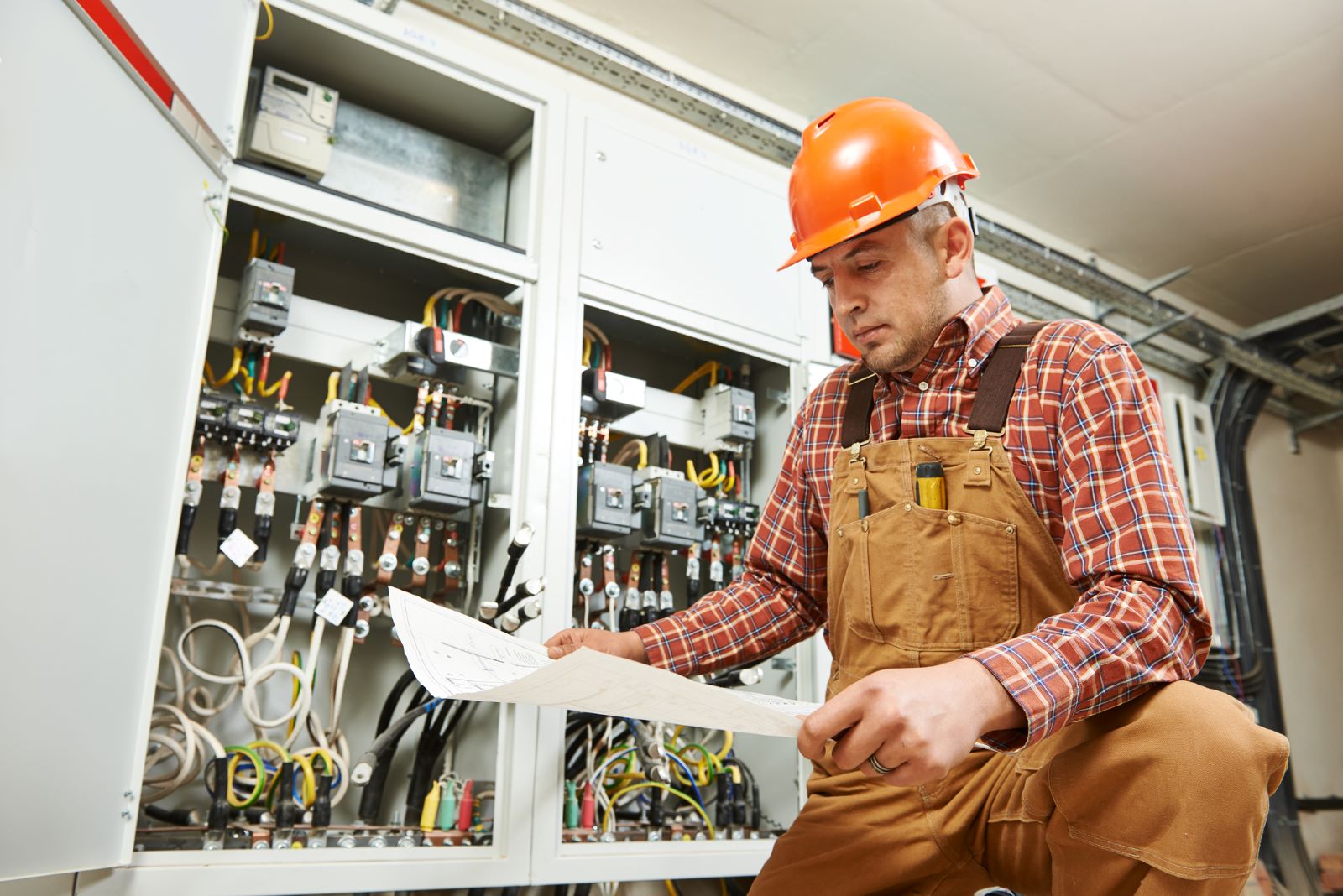[ad_1]
Electricity is a powerful force that brings comfort and convenience to our homes. However, it can also be dangerous when not handled correctly.
In this blog, we’ll reveal seven common electrician no-nos that every homeowner should be aware of. Avoiding these mistakes can keep your home safe and reduce the risk of electrical hazards.
7. DIY Electrical Work

One of the biggest no-nos is attempting DIY electrical work without proper knowledge and training. Electrical systems are complex, and even seemingly straightforward tasks like changing a light fixture can go wrong without the right skills.
6. Overloading Outlets

Plugging too many appliances and devices into a single outlet can overload the circuit, leading to overheating and potential fire hazards. Use power strips and surge protectors to distribute power safely, and avoid the temptation to daisy-chain multiple power strips together.
5. Neglecting GFCIs

Ground Fault Circuit Interrupters (GFCIs) are essential in areas prone to moisture, such as kitchens, bathrooms, and outdoor outlets. They protect against electrical shocks and should never be bypassed or removed.
Regularly test GFCIs to ensure they are functioning correctly.
4. Using Incorrect Extension Cords

Using extension cords that are not rated for the intended purpose is a common mistake. Using indoor cords outdoors or overloading extension cords can cause overheating and fire hazards.
Always use the right type and length of extension cord for your needs.
3. Unsafe Wire Connections

Improperly connecting wires is a serious no-no. Loose or exposed wires can lead to electrical fires or electrical shock. Ensure that all wire connections are secure, and use proper wire connectors and junction boxes when necessary.
2. Neglecting to Label Circuit Breakers

If you have a circuit breaker box, it’s essential to label each breaker accurately. Failure to do so can result in confusion during an electrical emergency or when making repairs.
Make sure each breaker corresponds to the correct area or appliance in your home.
1. Ignoring Flickering Lights or Outlets

Flickering lights or outlets that work intermittently are often signs of electrical issues. Some homeowners may ignore these problems, but they can indicate loose connections or damaged wiring.
Electricians are highly trained professionals who understand the complexities of electrical systems and the safety precautions required. By seeking professional help when necessary, you can keep your home safe, reduce the risk of electrical hazards, and ensure that your electrical systems run smoothly.
10 Essential Home Maintenance Skills You Need for a Safe and Well Kept Home

To ensure your home remains safe, comfortable, and in good condition, you need a set of essential home maintenance skills. Let’s explore the 10 home maintenance skills you need but might not have.
Should You Leave These Home Home Repairs to the Professionals?

Minor repairs are great for a pass time and to save some extra dollar wad, but knowing your limits is greater, especially when dealing with these repair works.
What is a Terrible Home Design Trend?

Sometimes we dream of building a new home, and what great ideas we have for it. But we don’t want to make big mistakes, what are the horrible new home trends that we want to avoid?
10 Home Renovations that can Decrease its Value

With increasing interest rates and mortgage prices, getting the most value for your home is imperative. Homeowners and real estate agents speak about the renovations that could decrease the value of your home and why. Here are the renovations to look out for.
Cassity Kmetzsch started Remodelaholic after graduating from Utah State University with a degree in Interior Design. Remodelaholic is the place to share her love for knocking out walls, and building everything back up again to not only add function but beauty to her home. Together with her husband Justin, they have remodeled 6 homes and are working on a seventh. She is a mother of four amazing girls. Making a house a home is her favorite hobby.
Related
[ad_2]
Source_link


